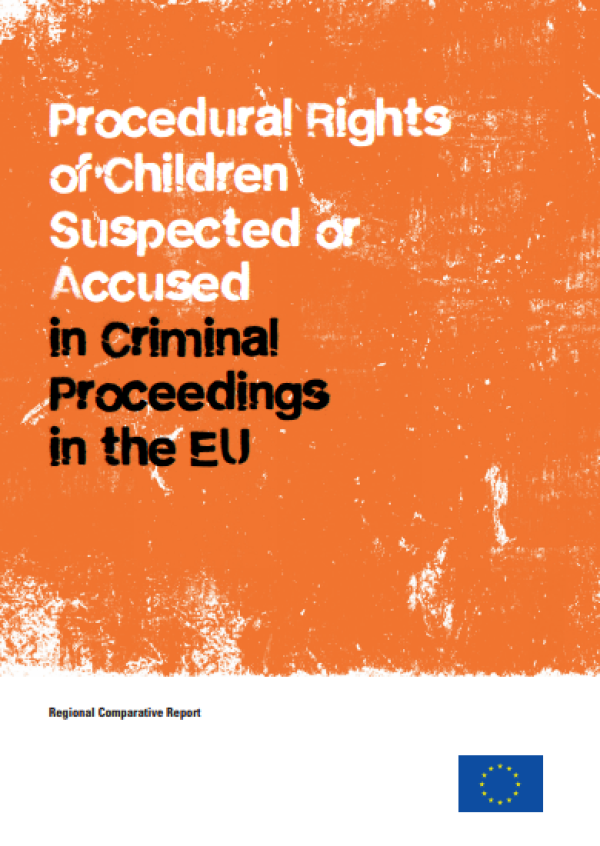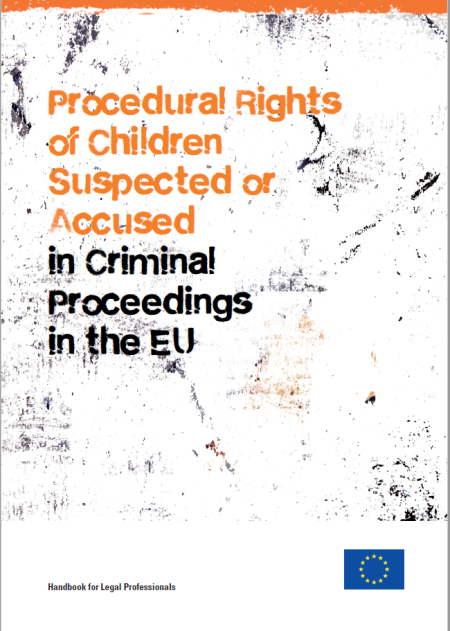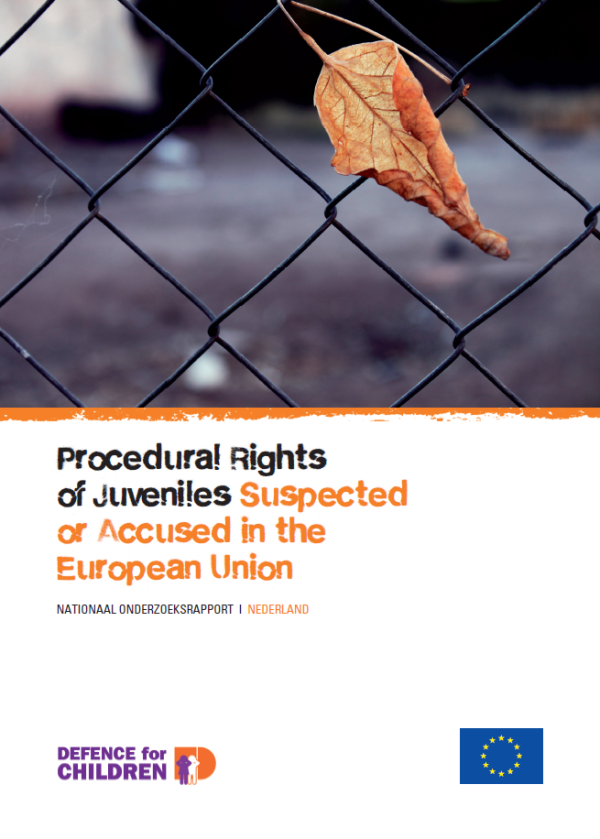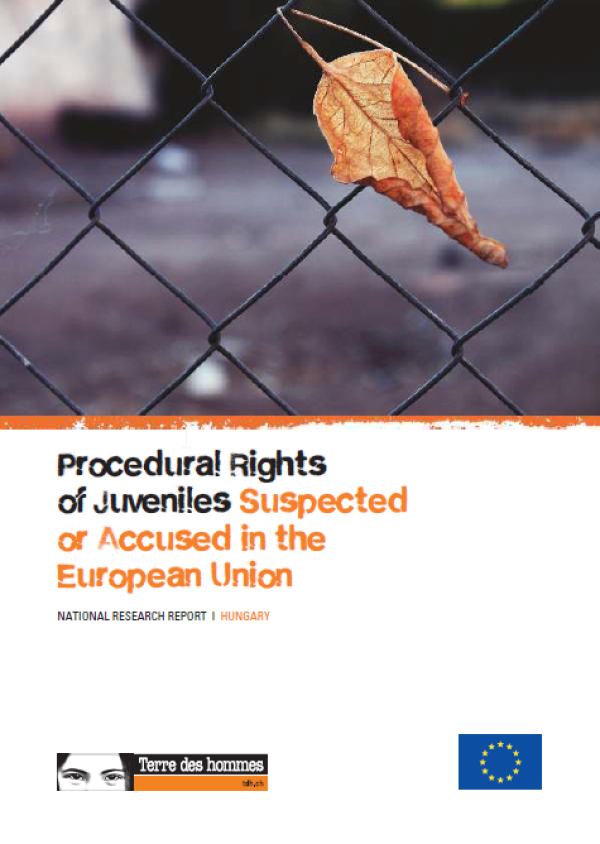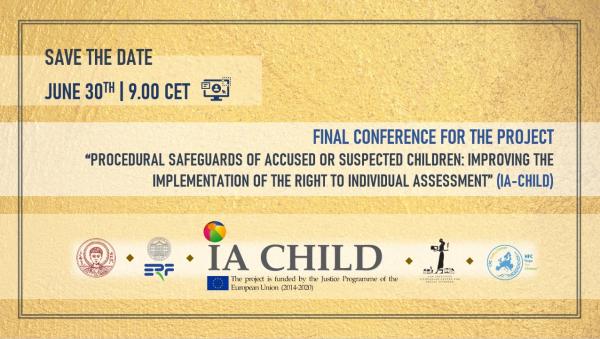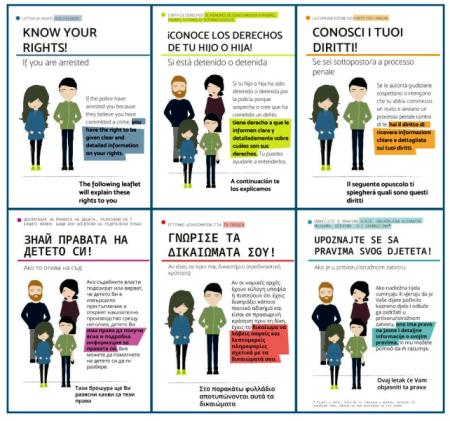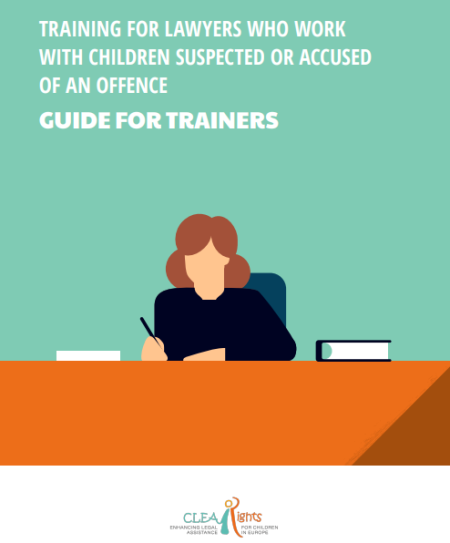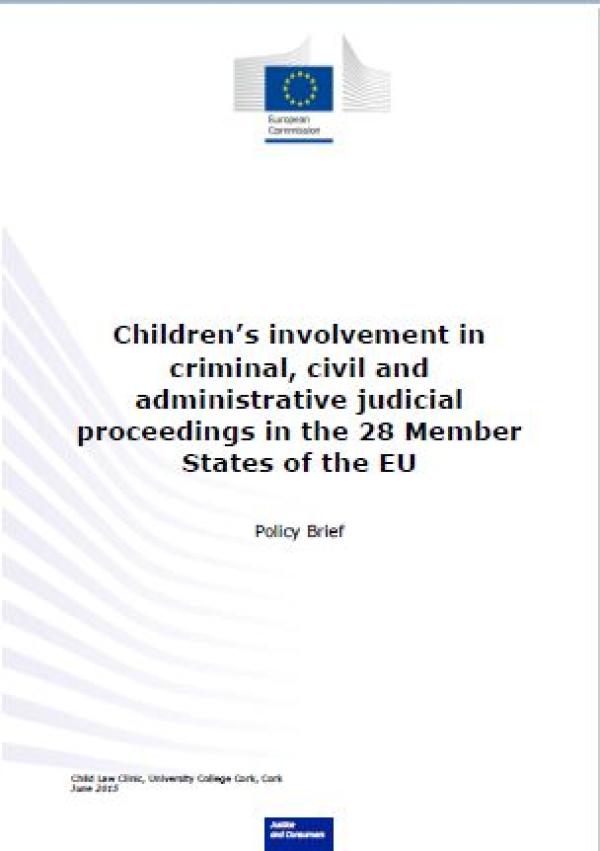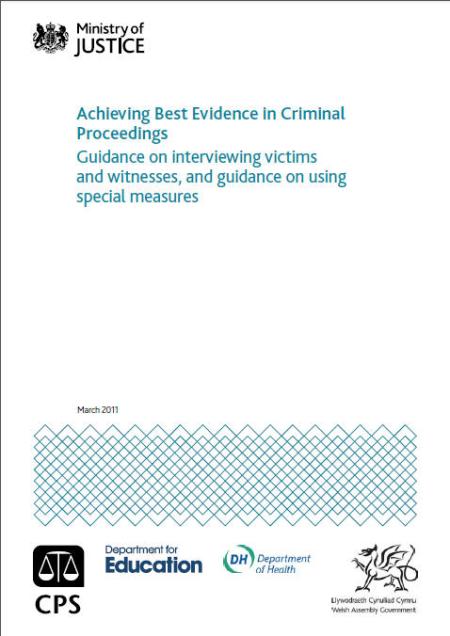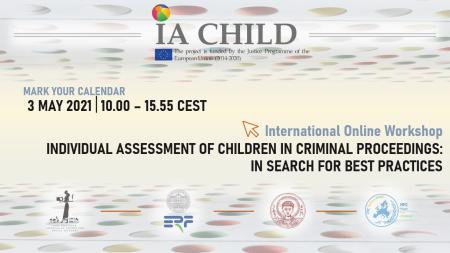
EXECUTIVE SUMMARY
BACKGROUND
The ‘Procedural Rights of Juveniles Suspected or Accused in the European Union’ (PRO-JUS) project was set up to help ensure that foreign children who are suspected or accused of crimes in European Union countries have access to a fair trial. The project involved studying the application of the following three European Union Directives aimed at upholding the rights of interpretation, information, and access to legal and other support:
1. Directive 2010/64/EU on the right to interpretation and translation in criminal proceedings;
2. Directive 2012/13/EU on the right to information in criminal proceedings;
3. Directive 2013/48/EU on the right of access to a lawyer in criminal proceedings and in European arrest warrant proceedings, and on the right to have a third party informed upon deprivation of liberty and to communicate with third persons and with consular authorities while deprived of liberty.
The research was carried out by teams in five countries - Belgium, France, Hungary, the Netherlands, and Spain – and involved desk research, interviews and specialised database analysis. A total of 152 interviews were carried out with 109 adults and 43 children. The country research was analysed in order to produce this comparative report which identifies common issues, trends and examples of good practice.
In terms of the context, most of the countries under review have well-developed and distinct juvenile justice systems which in the case of France and Belgium date back to over 50 years. Hungary is the only country which does not have a specific code and separate institutions for persons under 18 accused of criminal offences. Each country has a different approach to juvenile justice although all are premised on the recognition that allowances and adjustments need to be made for children taking into account their different level of maturity as compared to adults.
The numbers and characteristics of foreign child suspects and accused in the project countries is not known due to the lack of available data. The data available is either partial or unreliable making it difficult to obtain an accurate picture of the extent of the phenomenon. Moreover, the data that is available cannot be compared across countries as it has been collected through the use of different definitions, parameters, and methodologies.


